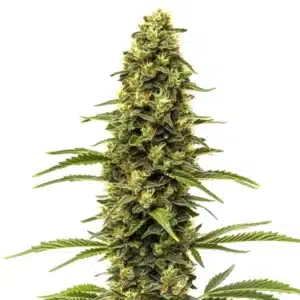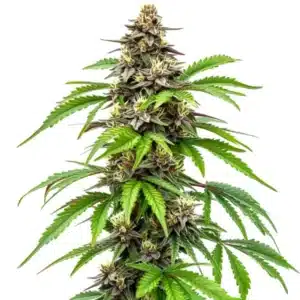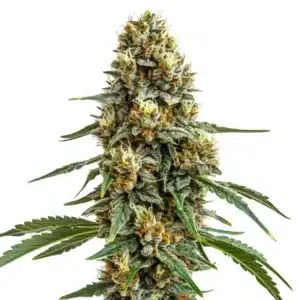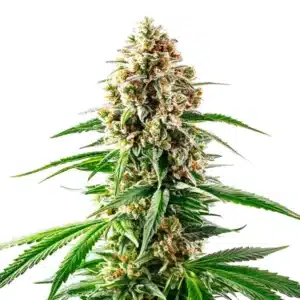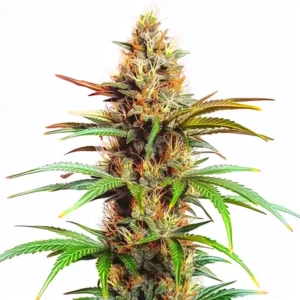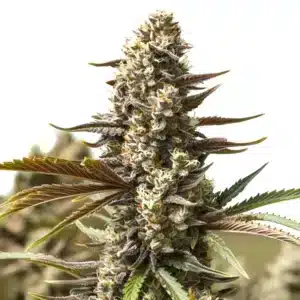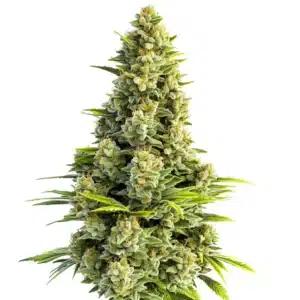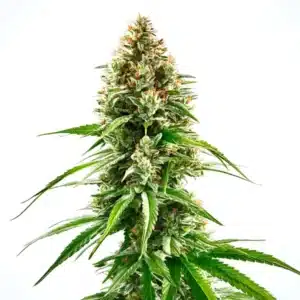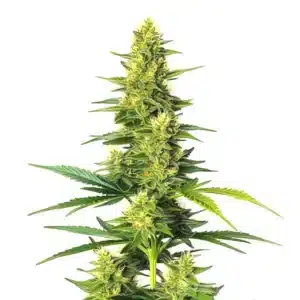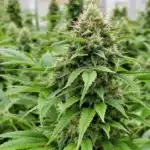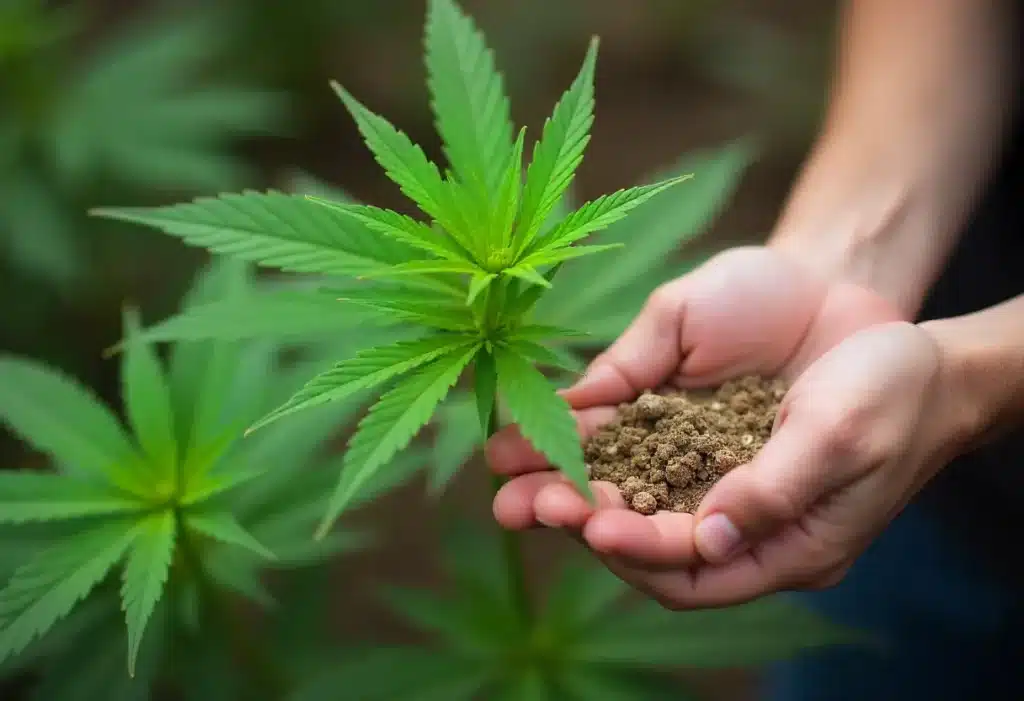
How To Grow Early Skunk
What’s up, fellow cultivator! Are you ready to grow a strain that’s an absolute legend in the outdoor growing world? A plant that takes the iconic power of Skunk #1 and makes it tough enough to handle almost anything you throw at it? Then let’s talk about the incredible Early Skunk.
This is the plant you grow when you want a fast, reliable harvest of top-shelf, incredibly dense and aromatic homegrown buds, especially if you’re growing outdoors in a tricky climate. It’s a favorite in our community for a reason. I’m here to educate you and help you nurture this beautiful plant from a tiny seed into a truly epic harvest. Let’s get to it!
Recommended Strains
Early Skunk
|
|
THC | 20% (Medium) |
|
|
Type | Feminized |
|
|
Yield | High |
|
|
Phenotype | 65% Indica / 35% Sativa |
Early Skunk Fast Version
|
|
THC | 15% - 19% (Medium) |
|
|
Type | Fast Flowering |
|
|
Yield | Medium |
|
|
Phenotype | 65% Indica / 35% Sativa |
From Seed to a Pungent, Potent Harvest: The Full Grow-Along
This indica-dominant hybrid is famously resilient and a vigorous grower, making it a fantastic choice for cultivators of all experience levels.
Germination: The First Spark
Every great plant starts with a single healthy seed. The paper towel method is my trusted technique.
- Soak: Give your seeds a 12 to 24-hour soak in a glass of room-temperature water.
- Wrap: Place the hydrated seeds between two paper towels that are damp, but not dripping wet.
- Keep it Warm & Dark: Put your paper towel setup inside a Ziploc bag or between two plates.
- Sprout!: In a few days, a tiny white taproot will emerge. Game on! Carefully plant it about a half-inch deep in your starter pot, with the root pointing down.
Common Mistake to Avoid: Being too rough. That new little taproot is the most fragile part of the plant’s life. Use tweezers and a gentle touch when moving it to its new home.
The Vegetative Stage: Building a Strong Foundation
During the veg stage, your Early Skunk is focused on building a strong, bushy indica structure to support all those future dense, heavy buds.
- Light Cycle: You need long days to promote strong vegetative growth. An 18/6 light cycle (18 hours of light, 6 of darkness) is the gold standard.
- Nutrient Needs: Your plant is hungry for Nitrogen (N) during this phase to fuel all that leafy development. Use a well-balanced grow fertilizer.
- Train for Bigger Yields: This plant responds incredibly well to training. Techniques like Topping or Low-Stress Training (LST) will open up the canopy, allow more light to reach the lower branches, and dramatically increase your final yield.
The Flowering Stage: An Aromatic Explosion
This is where the magic really happens. To trigger flowering, you MUST switch your lights to a strict 12/12 cycle (12 hours of light, 12 hours of absolute darkness).
The flowering time for Early Skunk is a speedy 7-9 weeks. During this phase, the plant will stretch a bit, then focus its energy on producing incredibly dense and resinous buds. The aroma will be that classic sweet, pungent, and earthy Skunk smell.
When you flip your lights, switch to a bloom fertilizer that is higher in Phosphorus (P) and Potassium (K) to support this amazing flower production.
Common Mistake to Avoid: High Humidity. Those dense indica buds are a magnet for mold if your humidity is too high. It is CRITICAL to keep your humidity levels lower (around 40-50%) and ensure good airflow during the flowering stage.
Promos & Deals
Indoor vs. Outdoor: Choosing Your Grow Environment
This hybrid is adaptable, but it truly shines outdoors.
Growing Indoors This is where you can create the perfect, controlled environment to produce connoisseur-quality buds.
- Height: This is a very manageable plant for indoor grows. Expect a final height between 3 to 5 feet (100-150 cm). It’s perfect for most grow tents.
- Odor Control is NOT Optional: It’s a Skunk strain, after all! The pungent aroma is amazing, but it will be noticed. A high-quality carbon filter is absolutely essential for any discreet indoor grow.
Growing Outdoors This is where Early Skunk earned its legendary reputation.
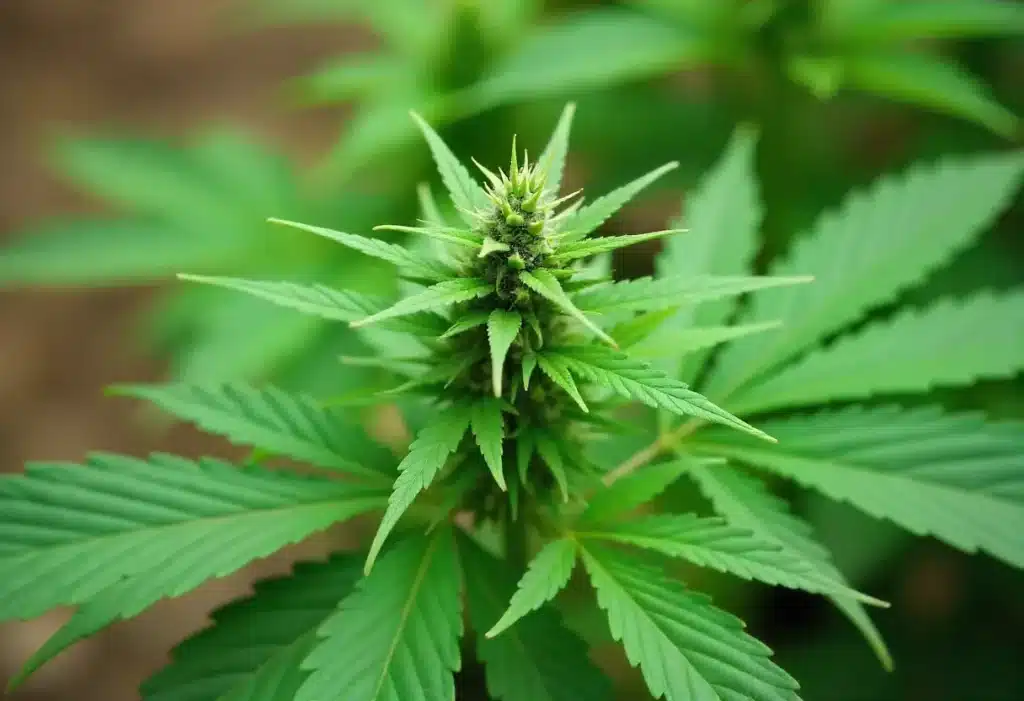
- Height Potential: Unrestrained outdoors, this plant can stretch up to 4 to 6.5 feet (120-200 cm) or more.
Best U.S. Cities and Climates: This strain loves warm, stable, temperate climates, but its secret weapon is its resistance to cooler, wetter weather.
- The Pacific Northwest (Portland, Seattle): This is the perfect strain for this region. It’s bred to finish early, meaning you can harvest before the heavy autumn rains arrive, which is a game-changer.
- California (San Francisco, Sacramento): The Mediterranean climate is ideal for this plant to thrive.
- Colorado (Denver, Boulder): The intense sun is great for resin production, and its hardiness helps it withstand cooler nights.
- The Southeast (Atlanta, Charlotte): The warm, humid climate can work well, but you must be extra vigilant about airflow to prevent mold, even with this strain’s natural resistance.
Pro-Level Playbook: Cloning and Powerful Extractions
Cloning: Preserve That Perfect Profile
Find a specific Early Skunk plant with that perfect effect? Don’t let those amazing genetics go!
- Select & Snip: Take a healthy 4-5 inch cutting from a lower branch of a mother plant in her vegetative stage. Use a sterile razor for a clean cut.
- Hormone Dip: Immediately dip the cut end in a rooting hormone to inspire vigorous root growth.
- Plant It: Place the cutting into a moist starter cube like Rockwool.
- Keep It Humid: Cover your new clones with a humidity dome to keep them from wilting.
- A New Generation: In about one to two weeks, you’ll have a new plant that is a perfect genetic copy of your prized mother!
What to Do With Your Trim? Make a Masterpiece!
A sustainable grower uses the whole plant! The frosty trim from your Early Skunk is a flavor goldmine.
This is THE perfect strain for making classic, old-school hash. With the dense, frosty buds from its legendary lineage, you can create some truly top-shelf, potent, and solventless concentrates.
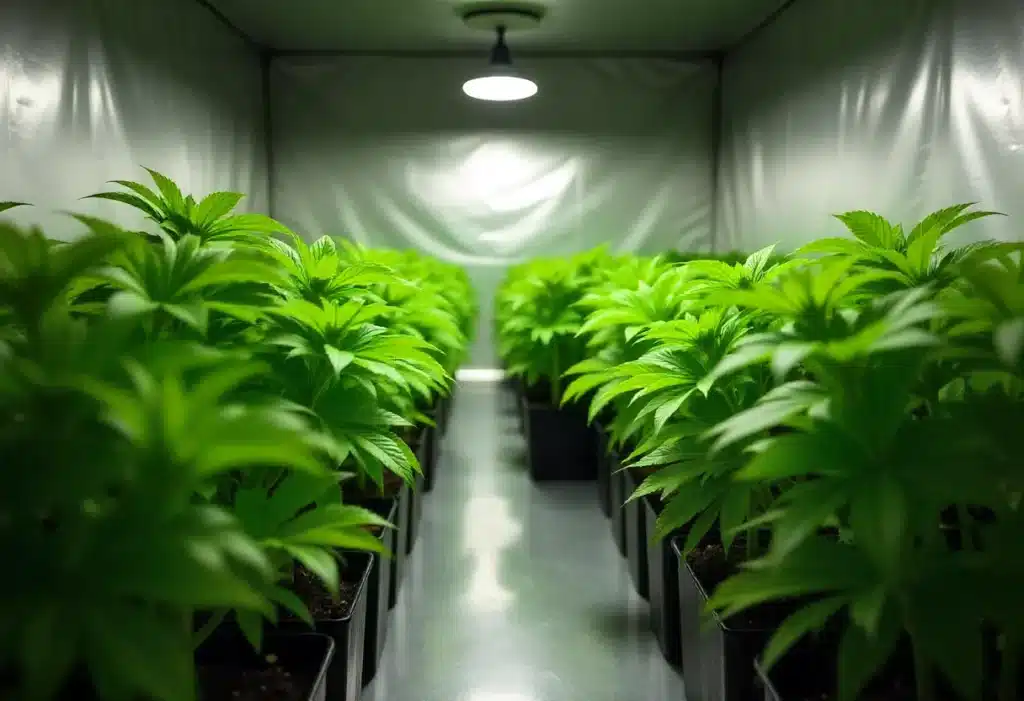
The Grand Finale: Harvest, Dry & Cure
You’ve made it! Get a jeweler’s loupe and look at the trichomes. When they have changed from clear to mostly milky-white, with just a hint of amber, you’ve hit the sweet spot for a perfectly balanced high.
- The Chop: Cut your plants and trim away the large fan leaves.
- The Slow Dry: Hang the branches in a dark room with good airflow, a temperature around 65-75°F (18-24°C), and humidity around 45-55%. This usually takes 7-14 days.
- The Cure: This is the final step for a smooth and flavorful final product. Trim the buds and place them in airtight glass jars. Burp the jars daily for the first couple of weeks. A proper cure of at least 2 to 4 weeks will bring out that complex sweet and skunky flavor.
Frequently Asked Questions
What are the effects of Early Skunk really like?
It’s a beautifully balanced hybrid. It starts with a happy, creative, and euphoric feeling from its Sativa side. This then settles into a deep, soothing body relaxation from its Indica side that melts away stress and pain without being a total knockout.
Is this a good strain for beginners?
Yes! Its genetics make it incredibly resilient, fast-flowering, and high-yielding. It’s a very forgiving plant and a fantastic choice for a first-time grower to get a massive, successful harvest, especially outdoors.
What does Early in the name mean?
It means it was specifically bred to finish flowering early in the season, typically in late September or early October. This is a huge advantage for outdoor growers in climates with shorter summers or rainy autumns.
What are the key challenges when growing Early Skunk?
The biggest challenges are managing its powerful aroma (a good carbon filter is a must indoors!), preventing mold in its extremely dense buds with good airflow (even with its resistance), and supporting its branches, which can get very heavy.
How big will my yield be?
Get ready for a massive harvest! Early Skunk is a legendary yielder. It grows into a solid, multi-branched plant that packs on an incredible amount of weight. You will be very happy with your final weigh-in.


